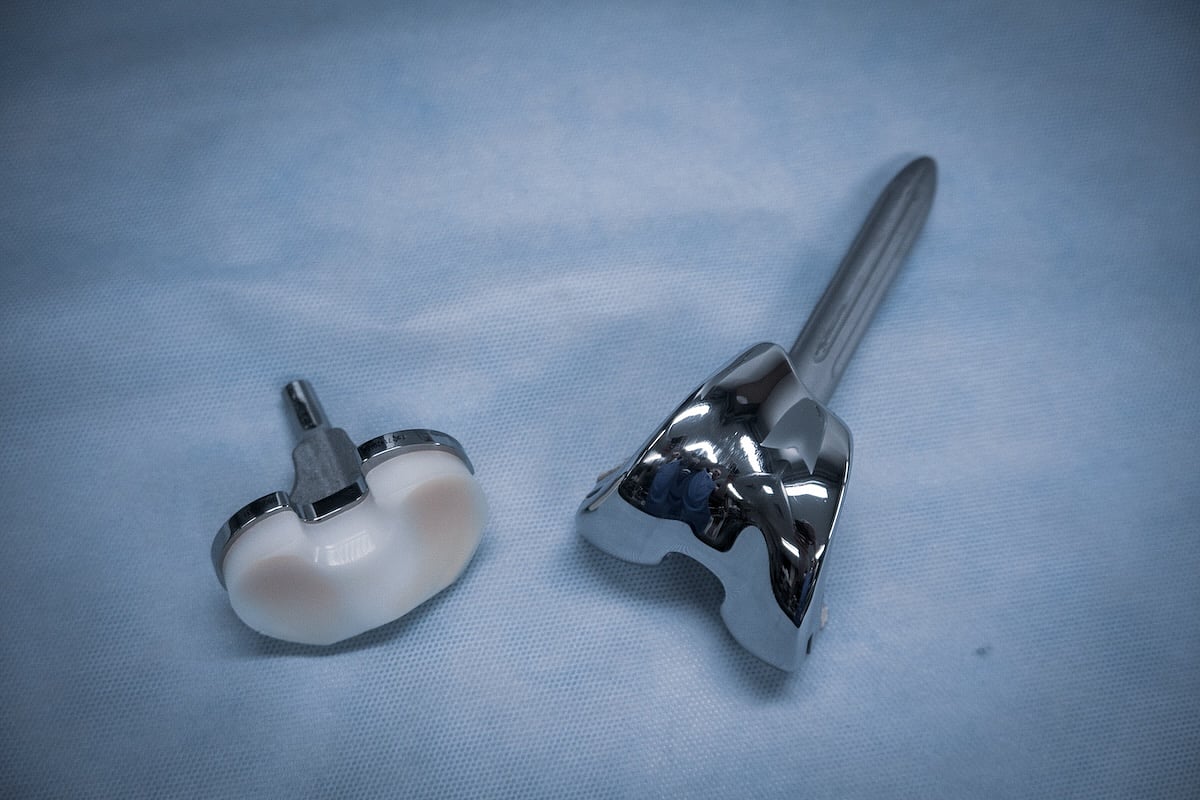
MONDAY, Feb. 24, 2025 (HealthDay news) — Even slight weight loss spurred on by cutting-edge GLP-1 drugs can help prevent replacement knees and hips from wearing out, a new study suggests. People with new knees and hips are significantly less likely to need follow-up surgery to fix wear and tear on their artificial joint if… read on > read on >






























